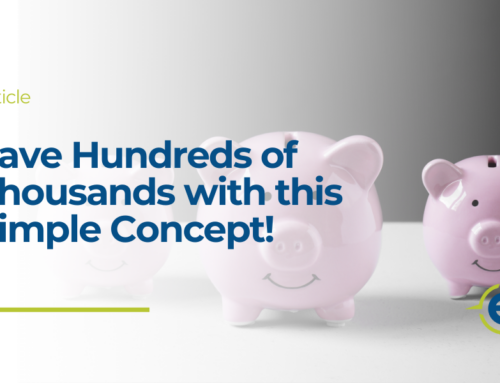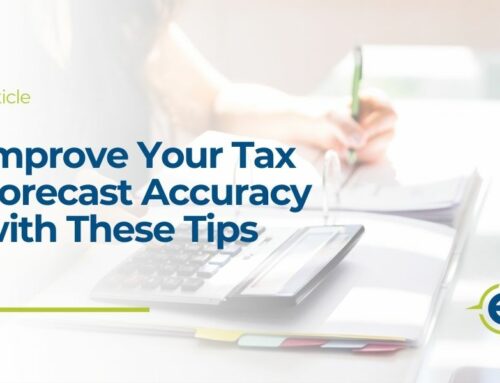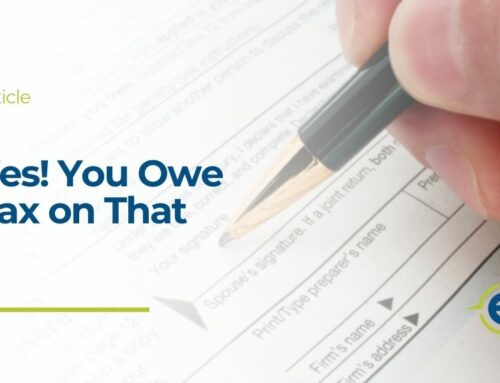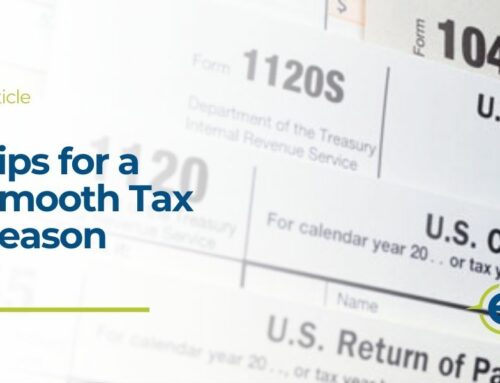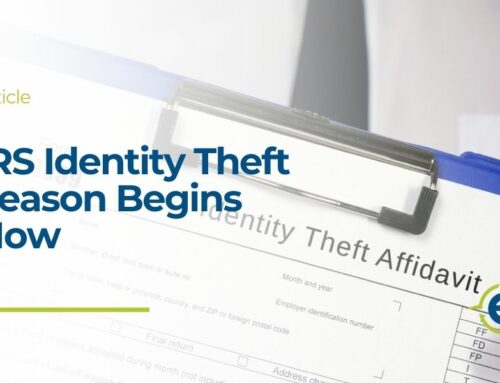Capital Gains Tax on Home Sale
Over the past couple of years, home prices in the US have continued to climb. This has meant that some sellers have experienced a larger than expected profit when selling their homes, which is great news!
But what does that mean for your taxes?
Your home is considered a capital asset. Therefore, as long as you’ve owned the home for more than a year, a gain is taxed at the long-term capital gains rates of 0 – 20%, depending on your taxable income. Conversely, if you did not experience a gain and saw a loss, you are unfortunately not allowed to take a capital loss on your tax return since your home is a personal asset.
You may qualify for an exclusion!
If you sell your home at a gain, you may qualify to exclude up to $250,000 ($500,000 if filing a joint return) of that gain from your income. To qualify for this exclusion, you must meet two eligibility tests:
- Ownership test: You have owned your home for at least two years prior to the sale.
- Use/Residence test: The home has been used as your main residence for at least two of the five years prior to the sale.
- Note that the exclusion is only available for the sale of your principal residence, not a second home.
- The 24 months of residence can fall anywhere within the five years, and it does not have to be a single block of time. The only requirement is a total of 24 months (730 days) of residence during the five years. Unlike the ownership requirement, each spouse must meet the residence requirement individually for a married couple filing jointly to get the full exclusion.
Additionally, you can still exclude the gain if you sell your home on an installment basis.
Selling multiple properties?
Generally, you can only claim the exclusion once during the 2-year period prior to the sale of your home. However, you may wish to report your gain as taxable if, for example, you plan to sell another main home within the next two years and are likely to receive a larger gain from the sale of that property.
Disqualifications for the exclusion
The following items automatically disqualify you for the exclusion:
- You acquired the property through a like-kind exchange (1031 exchange) during the past five years.
- You are subject to expatriate tax.
If you don’t meet the eligibility requirements, you may qualify for a partial exclusion if your move is:
- Work-related
- Health-related
- Due to certain unforeseeable events
How to report the sale and claim the exclusion
Your tax preparer will need the following documents to report the sale and claim the exclusion
- Closing statement from the sale
- Closing statement from your purchase of the home
- Cost of any capital improvements made to the home
- Form 1099-S (if one was issued)
If you have bought or sold a home recently, you know that there are many fast-moving parts. And everyone’s tax situation is different. If you still have questions regarding a recent sale and how it will impact your tax situation, please do not hesitate to reach out.


